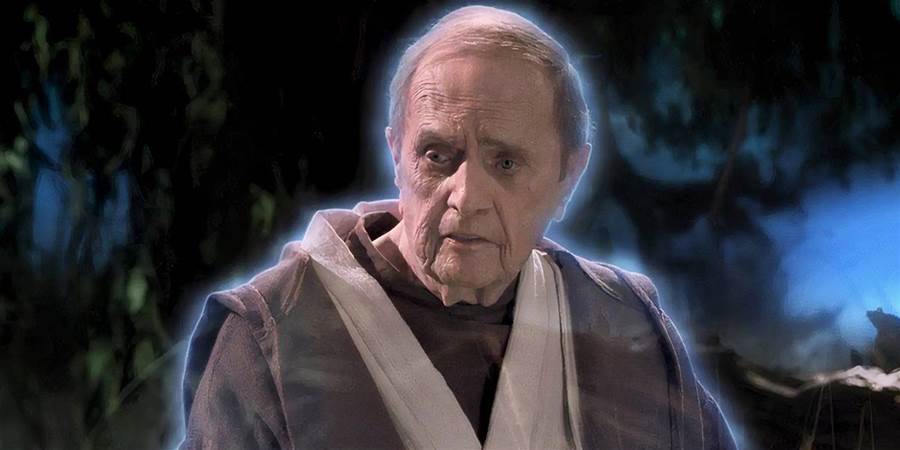
The Complexities of Walter White: A Hero or Villain?
The popular TV series Breaking Bad introduces us to Walter White, a character who defies conventional labels of hero and villain. Walter's journey unfolds as a poignant exploration of morality and personal sacrifice, blurring the lines between right and wrong. Initially, Walter's decision to enter the world of drug manufacturing is driven by a noble cause - providing for his family's financial security in the face of a terminal cancer diagnosis. His transformation from a high school chemistry teacher to a drug kingpin is a testament to his resourcefulness and determination to protect his loved ones at any cost.

The Duality of Walter White: Shades of Grey in Moral Ambiguity
As the series progresses, Walter's character undergoes a profound evolution, revealing the darker facets of his personality. His descent into the criminal underworld exposes the audience to his capacity for violence, manipulation, and moral compromise. Despite his ruthless actions, Walter remains a complex figure, oscillating between acts of heroism and villainy. His intricate moral compass challenges viewers to question the boundaries of good and evil, forcing us to confront the ambiguity of human nature and the choices we make in times of adversity.
The Moral Quandary: Exploring the Depths of Walter White's Character
Walter White's character in Breaking Bad serves as a compelling case study in ethical dilemmas and the allure of power. His internal struggle between righteousness and corruption mirrors the internal conflicts we all face, shedding light on the complexities of human morality. Through Walter's transformation from a desperate family man to a feared drug lord, the series delves into the depths of his psyche, unraveling the intricate layers of his identity. Despite his descent into darkness, Walter's actions are driven by a sense of purpose and the unwavering belief that he is acting out of necessity rather than malice.



















